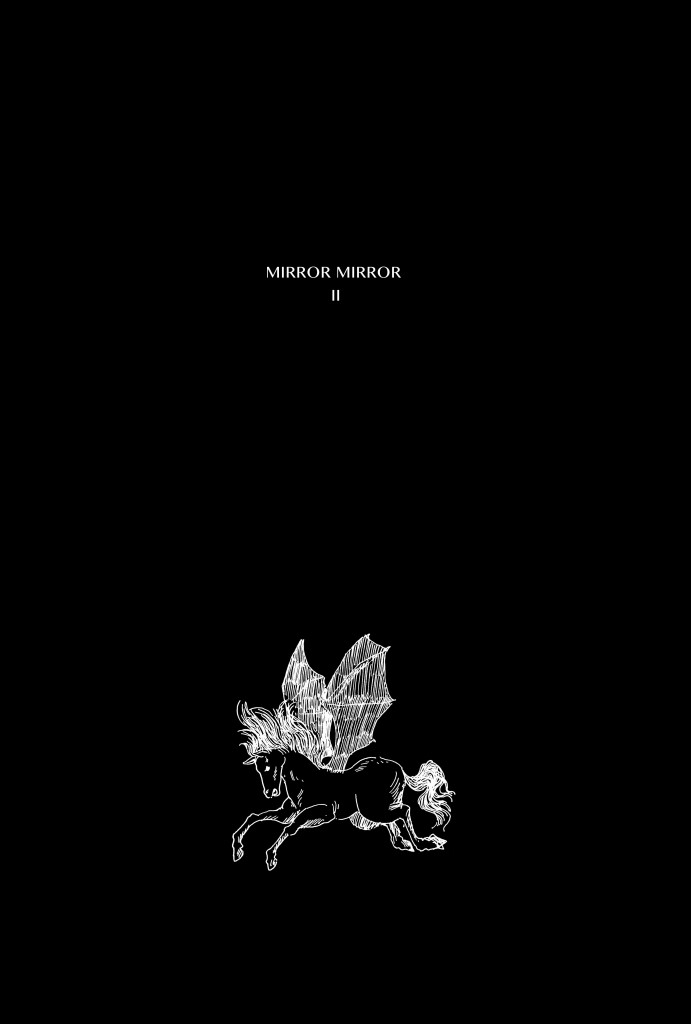Saying Stranger Things wears its influences on its sleeve is like sayingBarb had a lousy time at Steve’s party: It’s true alright, but it understates the case considerably. Entire articles have been written detailing the themes, concepts, creatures, fonts, sound effects, and imagery swiped more or less wholesale from other films — here’s Vulture’s, just for example. And any fan of genre entertainment, particularly (though by no means exclusively) from the ’80s, can rattle off the creators whose original visions fueled the Duffer Brothers’ own without breaking a sweat. Steven Spielberg, Stephen King, and John Carpenter are the most obvious touchstones, but you can also spot Judd Apatow, Shane Black, John Byrne, James Cameron, Chris Claremont, Dave Cockrum, Wes Craven, Joe Dante, Richard Donner, Fred Dekker, Jonathan Glazer, Gary Gygax, Tobe Hooper, John Hughes, Richard Kelly, John Landis, David Lynch, Katsuhiro Otomo, and Robert Zemeckis from a mile away. Any show assembled from building blocks that solid is going to be entertaining, at the very least; factor in universally fine performances from the show’s many child and young-adult actors, the strongest such cast assembled since Game of Thrones, and you’d be tempted to move Stranger Things out of the “hey, that was kinda fun” column straight into “this is a stone classic, gimme season two immediately” territory.
But unlike many of its countless forerunners, Stranger Things’ story of small-town terror communicates little beyond the contents of its creators’ Blu-ray collections. It’s so fixated on stirring nostalgia for the science-fiction, fantasy, horror, and adventure tales of yore that it has no time or energy left over for what made those horror tales compelling in the first place: wrestling with the fears and desires of the time period, and the different kinds of people — boys and girls, men and women, parents and children, kids and teens and adults — who found themselves struggling with them. Nearly everything difficult about the original works, everything weird, gross, uncomfortable, unexplained, and hidden beneath the surface (“occulted,” to use an evocative lit-studies term) has been stripped away in favor of a lowest-common-denominator pastiche that retains the surface elements but loses the power within.
The more I saw of this show, the more what it did with its source material bothered me. I went in-depth on how Stranger Things squandered its potential to actually be a stranger thing for Vulture.

